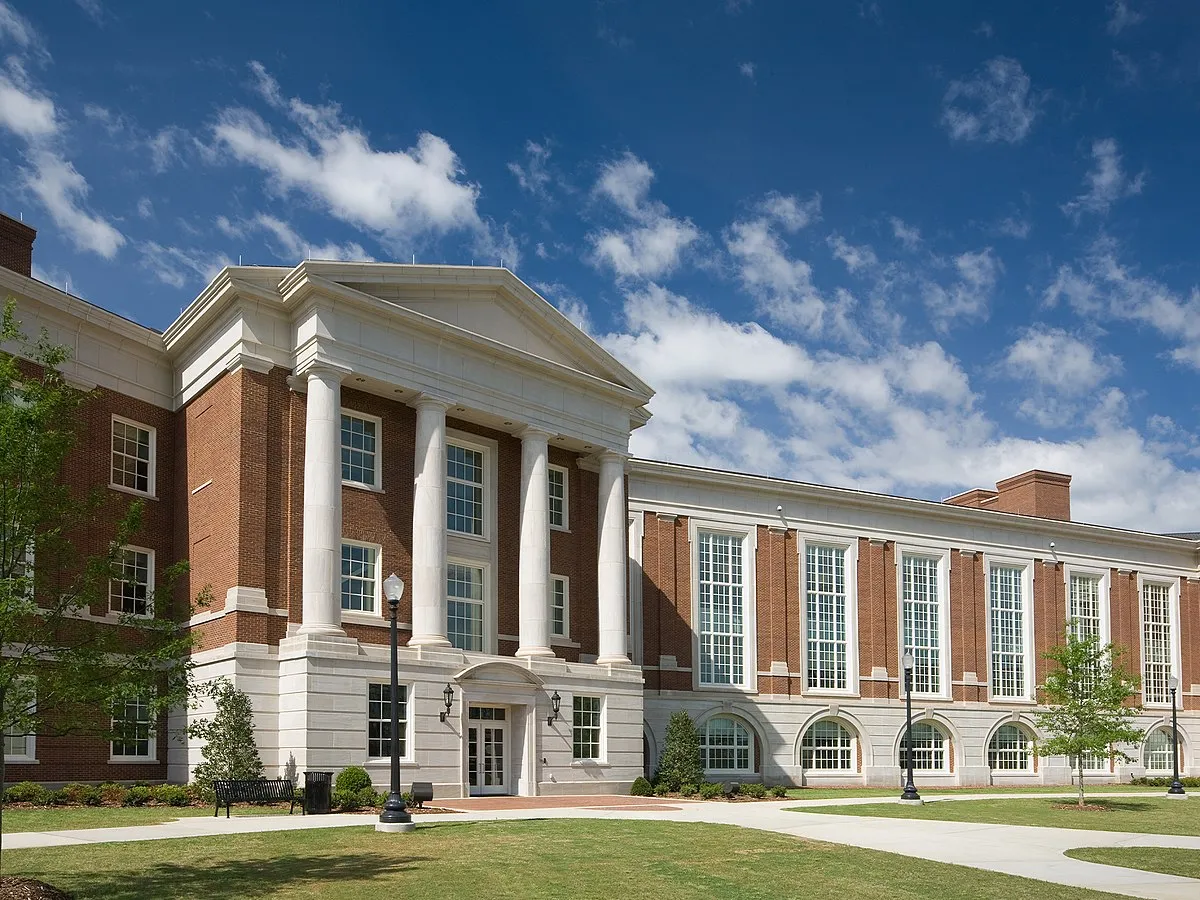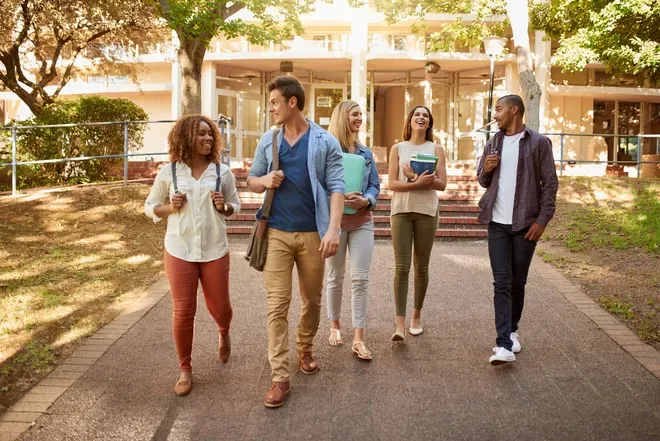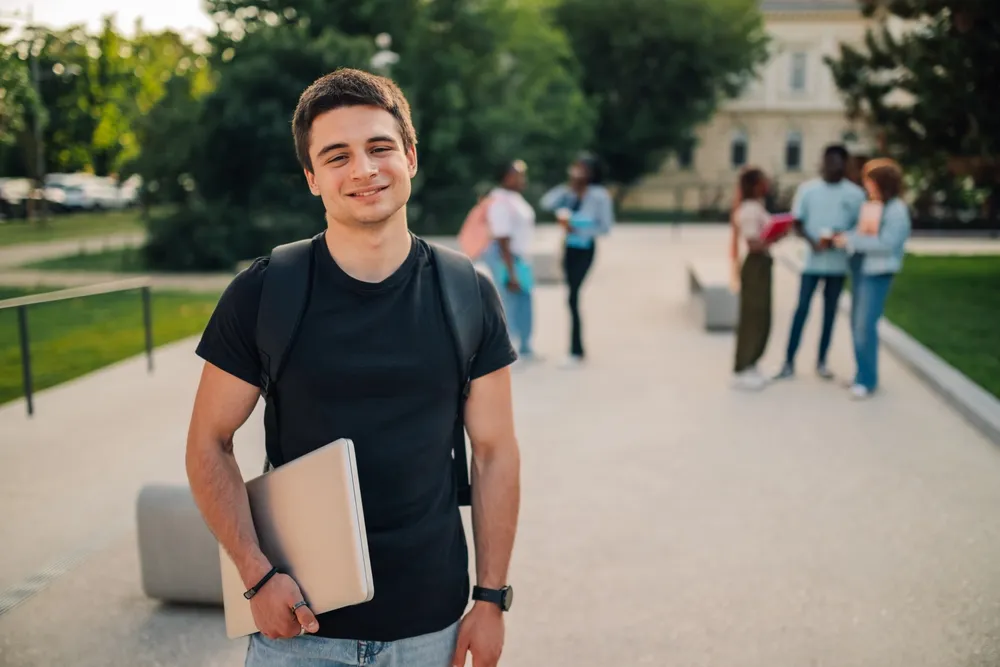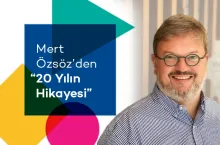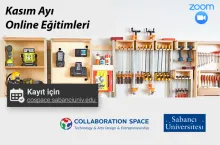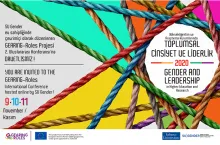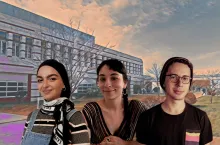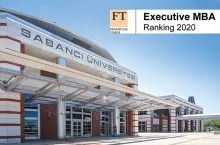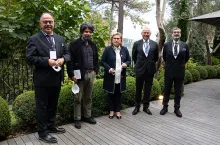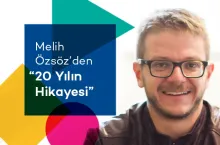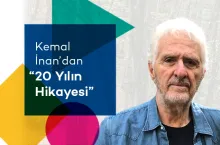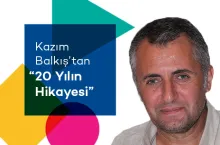03/11/2020
To celebrate the 20th year of our university, we have prepared a set of four questions to ask faculty and administrative personnel who have been with us since the beginning, and to our first students. They all tell "the story of 20 years" from their own perspectives.
Going in alphabetical order, this week's interviewee for "The Story of 20 Years" is Mert Özsöz.

Mert Özsöz has been a member of the Sabancı University family for 21 years. He is one of the first 251 undergraduate students of 1999, when the university opened its doors. Mert Özsöz, who graduated from the Economics Program of the Faculty of Arts and Social Sciences (FASS) in 2004, completed his MBA at Koç University after a 5-year international industry experience. Mert Özsöz, who has been a strategy and management consultant for the world's leading professional services companies for nearly 12 years, is currently a director at the consulting firm Korn Ferry.
Mert Özsöz ’s answers to our four questions are below.
What was your initial memory / impression of when you met Sabancı University for the first time?
M.Ö: Our first meeting with Sabancı University took place in two stages for me and my twin brother. During the university selection process, my father came home one evening with an A5-sized booklet of 12 pages with a purple cover and told us, “We have found what we were looking for." Of course, at that point, we both had other dreams, expectations. We took this introductory booklet (which I still keep) and jumped in the car about a week later and came to the campus from Izmir. When we arrived at the main security gate of Sabancı University, the guards asked “Who did you come to visit?“, and my father said, "Frankly, we do not know anyone, but I have brought you two students.”, and they referred us to the Rectorate building. At the door of the building, the late Mr. Terzioğlu, may he rest in peace, and dear Mrs. Koyunsağan welcomed us. For about four hours, they told us about Sabancı University, its vision, its goals, and introduced the campus on a model, since it was completely under construction that day. We were probably introduced to about 4-5 faculty members within these four hours. By the time we left the campus, the decision had already been made. The purple introduction booklet, Tosun Terzioğlu, and Zerrin Koyunsağan.
What are the differences between yourself 20 years ago and yourself today, and how did Sabancı University contribute to that change?
M.Ö: If I had to sum up the differences and contributions of these twenty years, I would say a label with strong recognition and validity and a sense of belonging, asking questions, but getting pleasure from researching and reading in detail and in depth, white strands of hair, plus 20 kilograms and a few wrinkles around the eyes, an increasing self-confidence, giving back what you received from the community and the land to the community and the world by adding onto it, the joy of giving back, a wife, and a son who gives meaning to life.
What comes into your mind when you think of Sabancı University in 20 years? What are your dreams for Sabancı University for the next 20 years? What about yourself?
M.Ö: Influenced by the circumstances we are in, I want to say health first. I hope that you are reading these lines, we will all be in a healthier and more peaceful world, but even in that situation, my first answer would be health. When I consider it from different angles (personal, physical, education/training, intellectual), after 20 years, Sabancı University makes me think of “The First Sense of Freedom”. By 2040, I would like to see that it is a world-leading brand with its exiting and future achievements, perceived not only as an university that provides education, but as a significant value (both the industry and societies) considered as the reference point by those who manage global resources (both the industry and societies). And for myself, I guess I wish a life where the feeling of freedom that these first 20 years have made me feel continues, and I would probably like to see my son join Sabancı University.
Where and how would you be now if your paths hadn't crossed with Sabancı University?
M.Ö: Frankly, this question is not easy to answer. In my personal opinion; half of life, success, or achievement is the plan, and the other half is luck. In other words, there is an important part that we can influence, but there is also a part that is not so much under our control. I think we have had a planned and lucky start to the journey of freedom by selecting Sabancı University.

